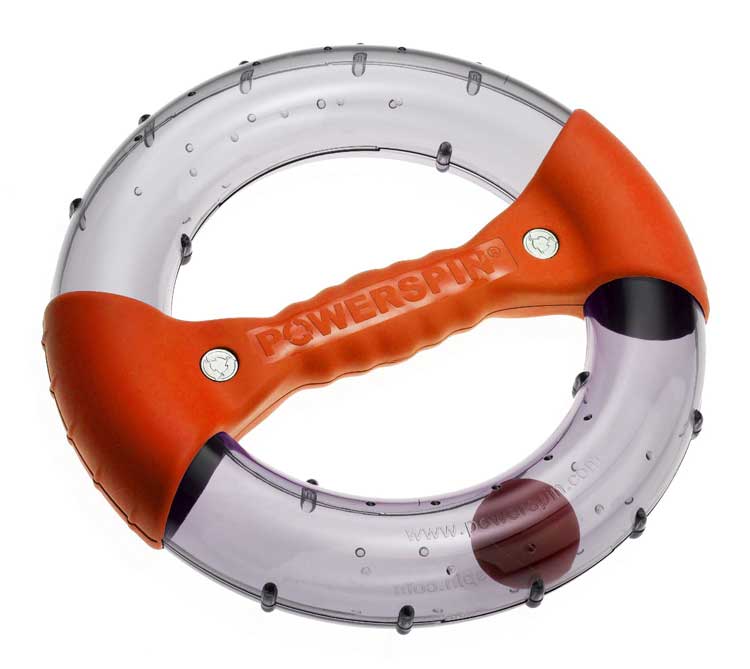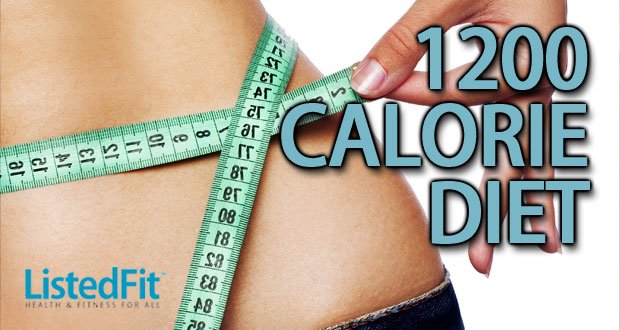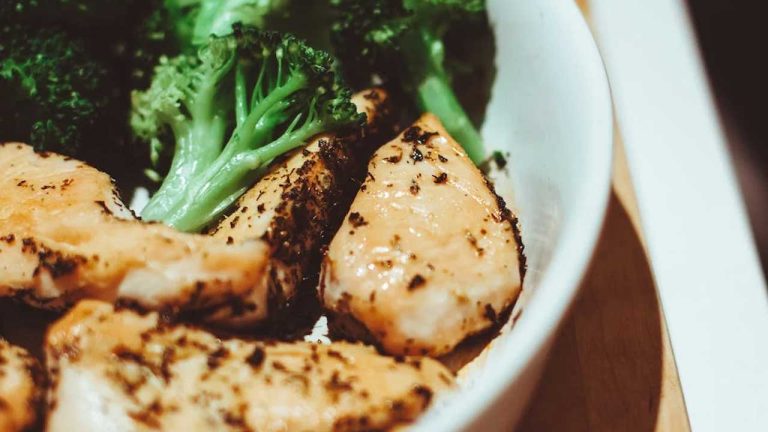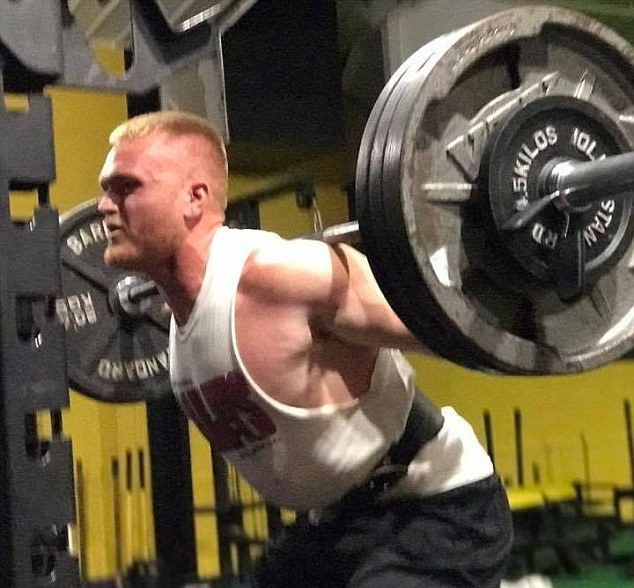Can I Get Abs While Bulking? The Most Common Bulking Questions – Full Guide

ListedFit is reader-supported. When you buy through links on our site, we may earn a small commission.
One of THE most common questions when it comes to bulking is if it’s possible to get abs while bulking.
The general consensus is that achieving both goals at the same time might seem daunting, but it’s not as difficult as one might think.
Key Takeaways
- Achieving abs while bulking is possible with a balance of calorie consumption and training.
- Maintaining a low body fat percentage is essential for visible abs during the bulking process.
- Including cardio and targeted ab exercises can help manage body fat and build abdominal muscles.
In This Article…
Misconceptions with Bulking and Getting Abs
Dirty Bulking Vs Lean Bulking
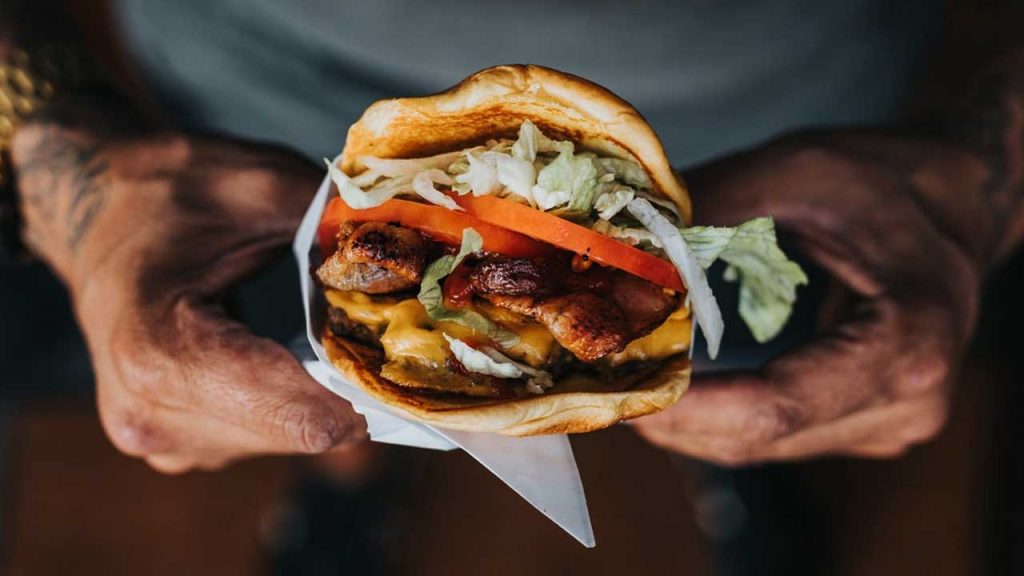
One common misconception is that bulking inevitably leads to significant fat gain, making it impossible to maintain abs. However, I’ve come to learn that there are two types of bulking: dirty bulking and lean bulking. Dirty bulking involves consuming a high number of calories, often from unhealthy sources, to quickly gain weight and muscle mass. This approach often leads to an increase in body fat, which can obscure the visibility of abs.
On the other hand, lean bulking focuses on consuming a moderate calorie surplus with an emphasis on healthy, nutrient-dense foods. This approach aims to promote muscle growth while minimising fat gain. As a result, it’s possible to maintain and even develop abs while bulking, as long as I stick to a lean bulking strategy.
Bulk and Muscle Definition
Another misconception surrounding the bulking phase is that I might lose muscle definition, particularly in my abdominal area. However, the truth is that muscle definition and abs are primarily a result of body fat percentage and muscle mass.
During the bulking phase, my main goal is to increase muscle mass through strength training and a calorie surplus. As I continue to train my abs and focus on lean bulking, I’ll be more likely to maintain and even enhance my muscle definition. It’s also essential to stay consistent with my workout routine and nutrition plan to achieve the best possible results.
In my opinion, many misconceptions about bulking and getting abs mainly stem from the confusion between dirty bulking and lean bulking.
By adopting a lean bulking approach and maintaining a consistent workout routine, I can continue to develop my abs and muscle definition throughout the bulking phase, dispelling these common misconceptions.
Can You Get Abs While Bulking?
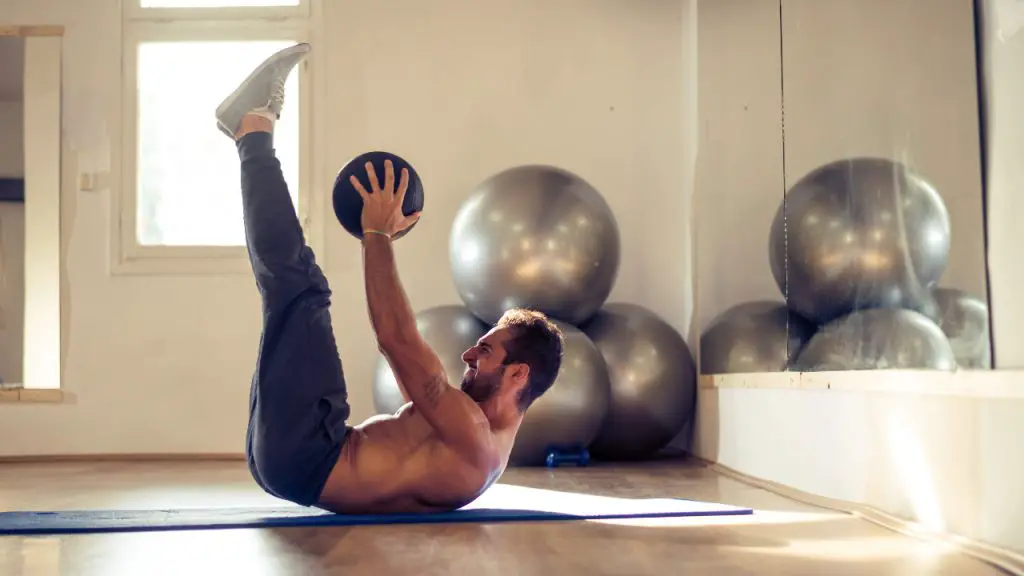
As someone who’s been through the entire fitness journey, I can confidently say that getting abs while bulking is a common concern for many bodybuilders and fitness enthusiasts. The good news is that it’s possible, and I’d like to share a few pointers on how to achieve abs during the bulking phase.
Firstly, it’s important to understand that abs, just like any other muscle group, need to be trained and developed. Therefore, continuing to work on your abdominal muscles while bulking is essential. Compound lifts, such as squats, deadlifts, and bench presses can provide an indirect workout to your abs, as well as ab-specific exercises like crunches and leg raises.
When it comes to nutrition, it’s also essential to get enough protein to support muscle growth. While bulking, make sure to consume a surplus amount of calories along with proteins and carbohydrates to fuel your body. However, be mindful not to overdo it since too much weight gain can lead to fat deposits that can hide your abs.
Perhaps one of the most essential aspects of keeping your abs visible during a bulk is to manage your body fat levels. By keeping your fat percentage in check through a clean bulk, you can avoid hiding your hard-earned abs underneath a layer of excess fat. It may be helpful to aim for a slow and steady weight gain to maintain a balance between muscle growth and body fat levels.
Finally, incorporating other training strategies, such as progressive overload, can help build abdominal muscles. This means gradually increasing your workout intensity by adding weight, reps, or sets to your ab exercises. This will help stimulate growth and ensure your abs don’t lag behind in development.
Is It Normal to Gain Belly Fat While Bulking?
During my bulking journey, I’ve noticed that it’s quite common for people, including myself, to gain a bit of belly fat. When we’re in a calorie surplus to help build muscle, our bodies may also store some of that extra energy as fat. So, yes, it is normal to experience some belly fat gain while bulking.
Of course, the key is not to go too overboard with the calorie surplus. Consuming significantly more calories than needed can result in putting on excess body fat, which might reduce ab definition. It’s essential to find the right balance between consuming enough calories for muscle growth without getting too carried away.
One of the best ways to minimise belly fat gain during a bulk is to pay attention to the quality of the food I eat. Instead of filling my diet with lots of processed foods, I focus on nutrient-dense whole foods like chicken, rice, broccoli, oats, and fish. These types of foods not only support muscle growth but also help keep body fat in check.
In addition, I also ensure I’m still training my abs while bulking. Incorporating regular abdominal exercises and core workouts can help maintain ab definition even as I gain weight.
Gaining some belly fat while bulking is normal, but it can be managed with the right approach to diet and training. Just focus on finding that sweet spot between calorie intake, food quality, and consistent workouts to keep your abs in the best shape possible while making steady muscle gains.
Should I Do Cardio While Bulking?

When it comes to the question of whether I should do cardio while bulking, there are a few factors to consider. In short, the answer is yes, but let’s dig a bit deeper into the reasons why and how to incorporate it into my routine.
Firstly, doing cardio while bulking can actually benefit your overall body composition. By including some cardio sessions in my workout routine, I’m making sure to maintain a good balance between muscle building and staying lean.
Cardio can also help to improve my overall performance. It’s no secret that cardiovascular health plays a major role in our everyday activities, so keeping my heart in tip-top shape should be a priority. Even while bulking, incorporating some moderate-intensity cardio sessions can help boost my stamina during training, which is crucial when looking to make gains in the gym.
Another reason to include cardio is to maintain or even improve my overall health. Cardiovascular exercises promote a strong and healthy heart, improving blood circulation and oxygen uptake in the cells. Plus, it doesn’t hurt that regular cardio can help me feel more energised throughout the day.
So, how do I incorporate cardio into my bulking routine? A good balance for me would be doing 2-3 sessions of 20-30 minutes cardio each week. Ideally, these sessions should be on non-weight training days, so as not to interfere with my muscle-building goals. Low-intensity activities like cycling or brisk walks are great options for these sessions, as they are less likely to put a stress on my muscle growth.
In summary, the question shouldn’t be whether I should do cardio while bulking, but rather how to include it in my routine for a well-rounded fitness approach.
Bulking – Understanding the Basics
Calorie Surplus vs. Calorie Deficit
Let’s start by talking about calorie surplus and calorie deficit. When I consume more calories than my body needs to maintain its weight, I am in a calorie surplus. Bulking up, in essence, requires me to be in this state so I can fuel my muscles and put on mass. On the other hand, a calorie deficit is the key to losing weight and cutting body fat.
Now, it might seem counterintuitive to get abs while bulking. After all, one would think that they need to lower their body fat percentage and enter a calorie deficit to achieve desired abs. However, it’s possible to strike a balance and still work on our abs while in a calorie surplus.
Body Fat Percentage and Its Role
The most important factor in determining abs visibility is my body fat percentage. Ideally, I should have a low body fat percentage— around 10% to 15% for males or 17% to 24% for females. At this range, my abs become more visible, giving me that sought-after defined look.
Here’s the tricky part: bodybuilders and athletes looking to gain mass need to consume more calories than usual. If I’m not careful, this added calorie intake can lead to increased body fat, which hides my abs.
But it comes down to being strategic about my calorie intake and managing my body fat percentage. By having a controlled and moderate calorie surplus, coupled with consistent workouts targeting my abs, I can still make gains and maintain a low body fat percentage.
Remember, the key is maintaining a fine balance between calorie intake and calorie expenditure. Besides, it’s also essential to adjust my workouts and diet according to my body’s response. By focusing on these factors, I can achieve my goal of getting abs while bulking up.
Common Supplements Used for Bulking
Protein Powder
When I’m focusing on trying to get abs while bulking, I’ve found that incorporating protein powder into my nutrition plan can be a helpful tool. It’s a convenient way to increase my protein intake and support muscle growth. Protein is essential for building and repairing muscle tissue, and it can also help me feel fuller for longer. I usually opt for a high-quality protein powder, such as whey or a plant-based option, to ensure I’m getting all the necessary amino acids.
To make the most of my protein supplement, I like to consume it at strategic times, such as post-workout or as a snack between meals. It’s important, however, to remember that protein powder is a supplement, not a substitute for a well-rounded diet. I still need to consume a variety of whole foods to provide my body with all the essential nutrients it requires.
Creatine
Another supplement I’ve found to be beneficial while trying to get abs during a bulking phase is creatine. Creatine is a naturally occurring substance that our body produces and can be found in some foods like red meat and fish. However, to get an effective dose for improving performance and muscle growth, supplementation is often more practical.
I’ve noticed that creatine helps increase my muscle strength, enabling me to lift heavier weights and work out more effectively. This can, in turn, contribute to muscle hypertrophy, which is essential when I’m aiming for those defined abs. To get the best results from creatine supplementation, I usually follow a loading protocol by taking higher doses (around 20g) for the first 5-7 days, followed by a maintenance dose of 3-5g daily.
While using these supplements can support my goal of getting abs while bulking, it’s important to keep in mind that they are just one part of the equation. Maintaining a well-rounded diet and following an effective training program will ultimately be more influential in achieving that desired six-pack.
1. Does Bulking-Up Make You Slower?
As long as it’s done correctly, the answer to this question is no. Bulking won’t negatively impact your speed, mobility, or flexibility at all!
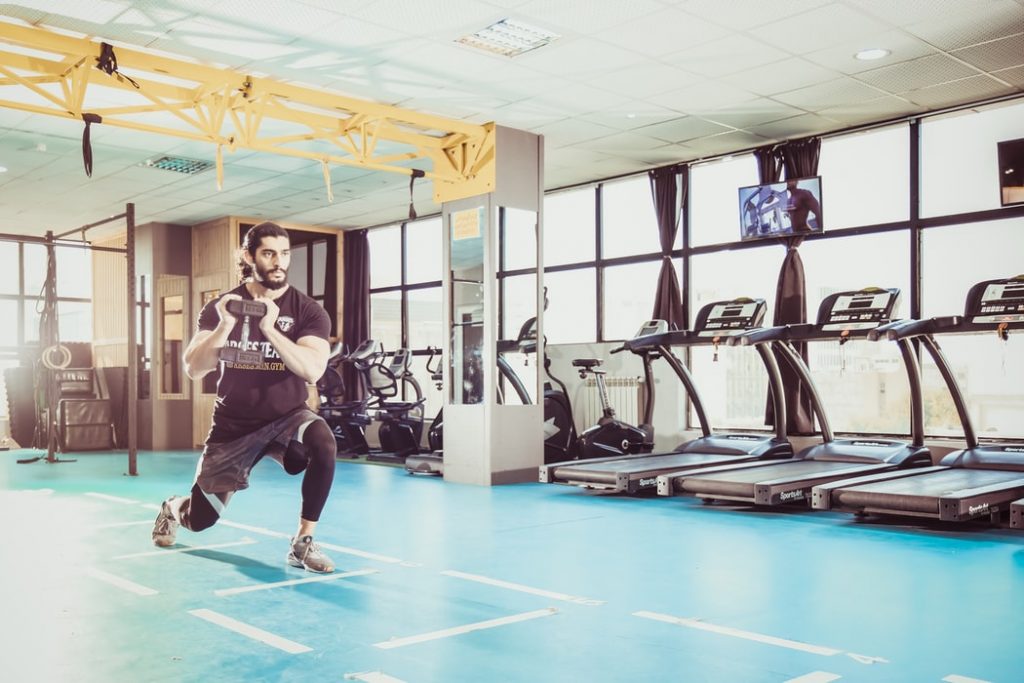
In fact, you’ll find that it speeds up the muscle-growing process and helps you improve on your fitness goals.
The reason that some people may think that bulking will slow you down is due to an improper bulking process and training program. Most of the time, this is due to rushing into the process and doing things far too quickly.
With a sudden increase in weight or mass, but no proper training to show your body how to carry this new weight – your progress can really be hindered, and you may find yourself becoming slower.
An increase in mass must match an increase in strength – otherwise, you’ll just be gaining body fat.
Following a solid and well-prepared bulking program should allow your muscles to grow and become stronger, as well as improving your posture, and increasing your overall speed and power.
Bulking up with muscle will not slow you down. The only way that this could happen is by a large increase in fat.
2. Can I Get Abs While Bulking?
Building and developing abs whilst bulking isn’t a challenge at all. The actual challenge comes in the form of being able to see them, and that’s what most people struggle with.
It’s almost inevitable that you’re going to gain fat during the bulking process. The large increase in calories will account for that – and that’s unfortunately just a part of the process.

However, if abs are a part of your goal, you must build up and train your abdominal muscles and core strength as you work out. While you may not be able to see them right now, they’re growing, and when you begin the cutting process later on and lose that extra stomach fat – you’ll be glad you did so.
It’s also important that you include some direct abdominal strength training in your workouts when bulking. Some individuals make the mistake of only beginning their ab training when cutting – and this is almost certainly not going to work.
As with all muscles, they grow most efficiently when you’re in an excess calorie intake – meaning that you must begin ab training during the bulking process, and continue with this training throughout cutting to maintain them.
You may not see your results right now, but you’re getting there. If your goal is to have larger abs, or a six pack that really stands out – keep working on abdominal training while bulking.
3. Does Bulking-Up Make You Stronger?
In theory, and if done correctly, then yes. Bulking up can make you stronger.
This comes down to a few different things. Whether you’re following a good bulking plan, whether or not your excess calories come from healthy and clean foods and proteins, and how you strength train.
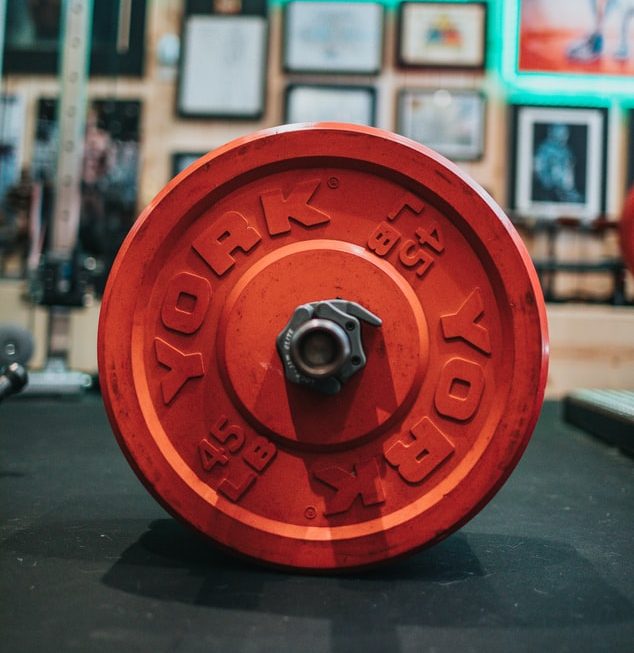
When in a caloric surplus and when training hard at the gym, you’re inevitably going to gain muscle, and this is going to make your body stronger. The extra food that your body is intaking is providing you with all of the nutrients, vitamins and raw materials that break down into amino acids and are needed to build, repair, and grow your muscles.
Even during the cutting process, the reduction in calories and continued strength training will enable the body to lose fat whilst maintaining your muscles – ensuring that your body remains strong.
The only way in which bulking will not provide you with extra strength is if you increase your calories and are not maintaining a proper fitness plan, or if you over-bulk with ‘dirty’ calories and cannot train correctly. In this unfortunate case, you will not be able to build the adequate muscles required for strength.
4. Is Bulking Really Necessary To Gain Muscle?
If you’re looking to increase your muscle mass, then you’re going to need to be eating more calories than your body actually needs and following a strict strength training plan – otherwise you could be just losing weight or gaining fat.
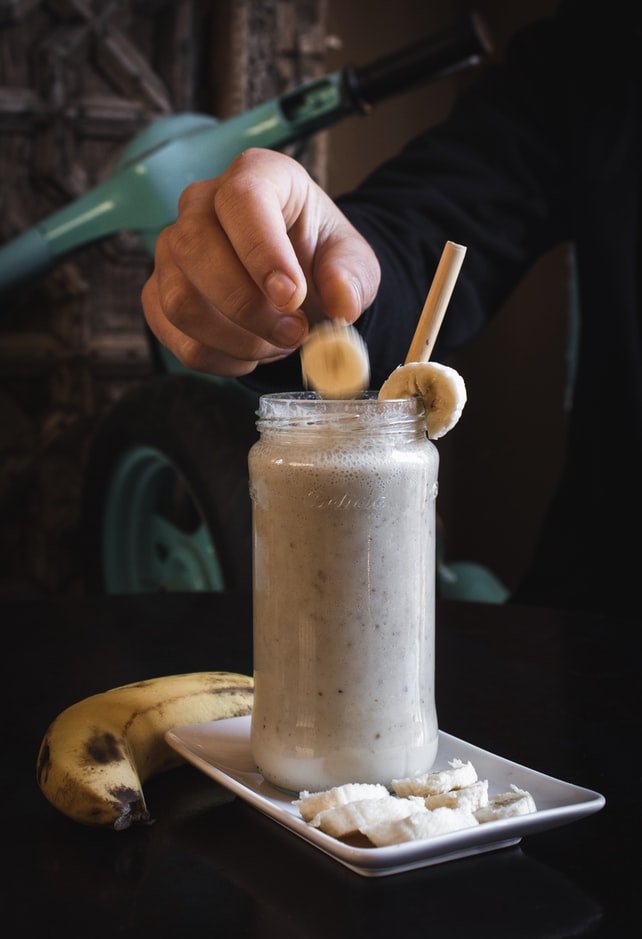
If you’re not eating enough excess calories, your body won’t have the required proteins, nutrients, and minerals required to build muscles at all!
However, depending on the level at which you wish to gain muscle and how quickly you want to progress can affect the bulking process that you need to follow.
You don’t need to eat heaps and heaps, nor do you need to train like Superman to gain basic muscles or body strength. A couple of hundred extra calories over your suggested intake, the inclusion of lean proteins, and solid workouts should help you to slowly gain muscle over time through ‘lean bulking’. It may take longer, but you won’t have to go through the cutting process and you will over time see progress.
While this is often considered a more complex and time consuming route to take, your body will gain less fat than traditional bulking, and may work well for those with a smaller appetite.
If you’re after a large increase in muscle mass and want it done fast – then bulking is absolutely necessary. Your body needs all of the extra fuel that it can get to grow muscles – and the usual process of a large increase in calories, intense training, and then cutting to get rid of fat is suggested.
5. Bulking With Low Appetite – How Do I Get Over It?
As mentioned above, the process of bulking and building muscles requires you to eat more than your suggested daily calorie intake.
A minimum of roughly 300 calories on top is recommended to begin bulking, but most tend to start with at least 500. This can be a challenge for those who suffer with a low appetite, and extremely frustrating to deal with – but definitely not impossible to overcome.
There are several tips that individuals can follow that may help with the process.
For one, instead of trying to eat huge meals, it’s a good idea to try and eat several smaller ones throughout the day, but more frequently.
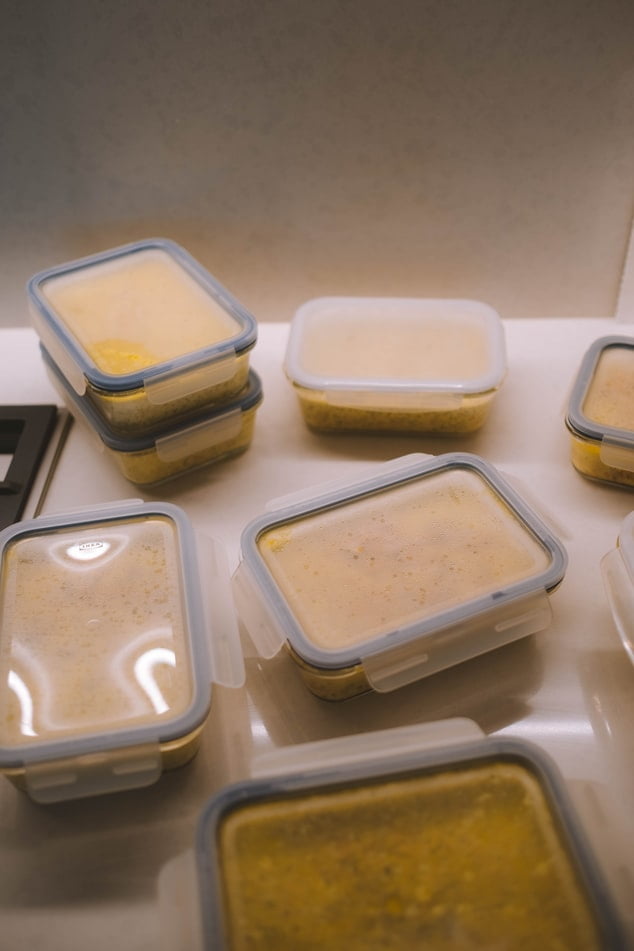
This is a great way to avoid feeling overly stuffed, and will ensure that you get the calories you need.
Protein or high-calorie shakes can also help. Liquid calories are often easier to consume, and can be a fantastic source of calories.
For those with a low appetite, it’s important to consider the increase of calories as a step-by-step process. You don’t need to rush into it straight away, rather focus on increasing your calories week by week and build up to where you want to be.
Another tip would be to avoid too much food that contains large amounts of fat or fiber. While these may be a great source of calories, they can make you feel full very quickly and prevent you from eating again. Instead, go for food with lots of carbs and medium to low amounts of fat and fiber.
Finally, it’s a good idea to wake up earlier each day. The longer that you’re awake, the more time there is to eat and to increase your hunger. Start off your day by eating breakfast as soon as you possibly can. Most people tend to delay breakfast for a couple of hours when they wake up, and this can end up minimizing your daily ‘eating window’.
And remember, everything is a process and your calorie intake can be built up over time!
Frequently Asked Questions
How often to work out for abs?
In my experience, it’s best to work out your abs two to three times per week. This allows your muscles to recover properly, while still maintaining a routine for growth.
Make sure to include various exercises focusing on your entire core to ensure balanced and effective development.
Does gaining weight affect abs?
Gaining weight does affect the visibility of your abs, as excess fat can obscure them.
However, remember that it’s possible to gain weight and still maintain your abs, provided you’re following a proper diet and workout plan.
Focus on maintaining a calorie surplus for muscle growth while incorporating regular ab exercises into your routine.
What’s the best way to bulk?
The best way to bulk is to consume a calorie surplus while incorporating a well-rounded weightlifting and exercise routine.
Make sure your diet is high in protein, healthy fats, and complex carbohydrates. Incrementally increase your calories and monitor your body’s changes to strike a proper balance between muscle growth and lean gains.
Can one maintain abs while bulking?
Yes, it’s possible to maintain your abs while bulking. The key is to continue incorporating targeted ab workouts into your exercise routine.
Monitoring your calorie intake and consuming nutrient-dense foods can also help maintain ab definition while gaining muscle mass.
Are daily ab exercises recommended?
While daily ab exercises might seem like a good idea, I’d recommend giving your core muscles time to rest and recover in between workouts.
Training your abs two to three times a week should be sufficient. Don’t overdo it – allow your muscles to grow and strengthen properly, for optimal results.
How to train abs effectively?
To train your abs effectively, it’s essential to focus on performing a variety of exercises that target the entire core region.
This may include planks, leg raises, and Russian twists, among others. Make sure to use proper form, and progressively increase the intensity of your training as you grow stronger.
Mix up your routine to ensure your ab workouts remain fresh and challenging.
Author
- Danny Loeb is a qualified Personal Trainer, Fitness Model and Writer. He enjoys blogging about health and fitness, messing around with Photoshop, and sharing his experiences with everyone.
Latest entries
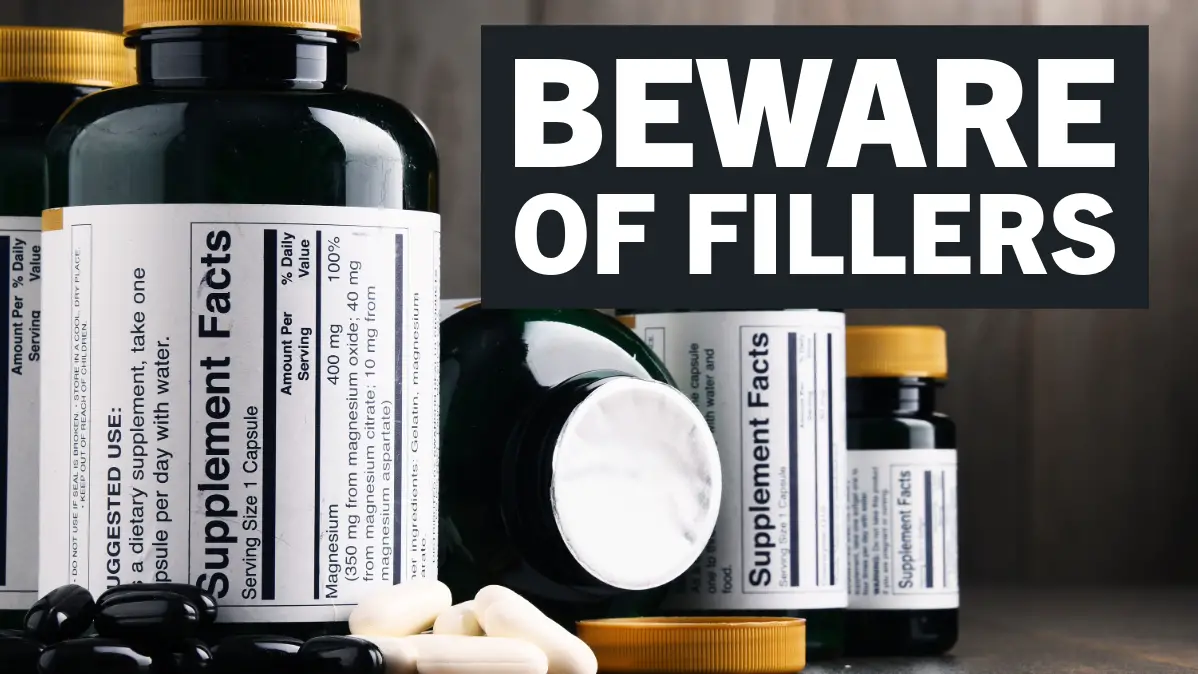 NutritionFebruary 6, 2024What Are Fillers in Supplements? – Unveiling Inactive Ingredients
NutritionFebruary 6, 2024What Are Fillers in Supplements? – Unveiling Inactive Ingredients FitnessAugust 23, 2023Best Post-Workout Foods: Great Ideas for Recovery and Results
FitnessAugust 23, 2023Best Post-Workout Foods: Great Ideas for Recovery and Results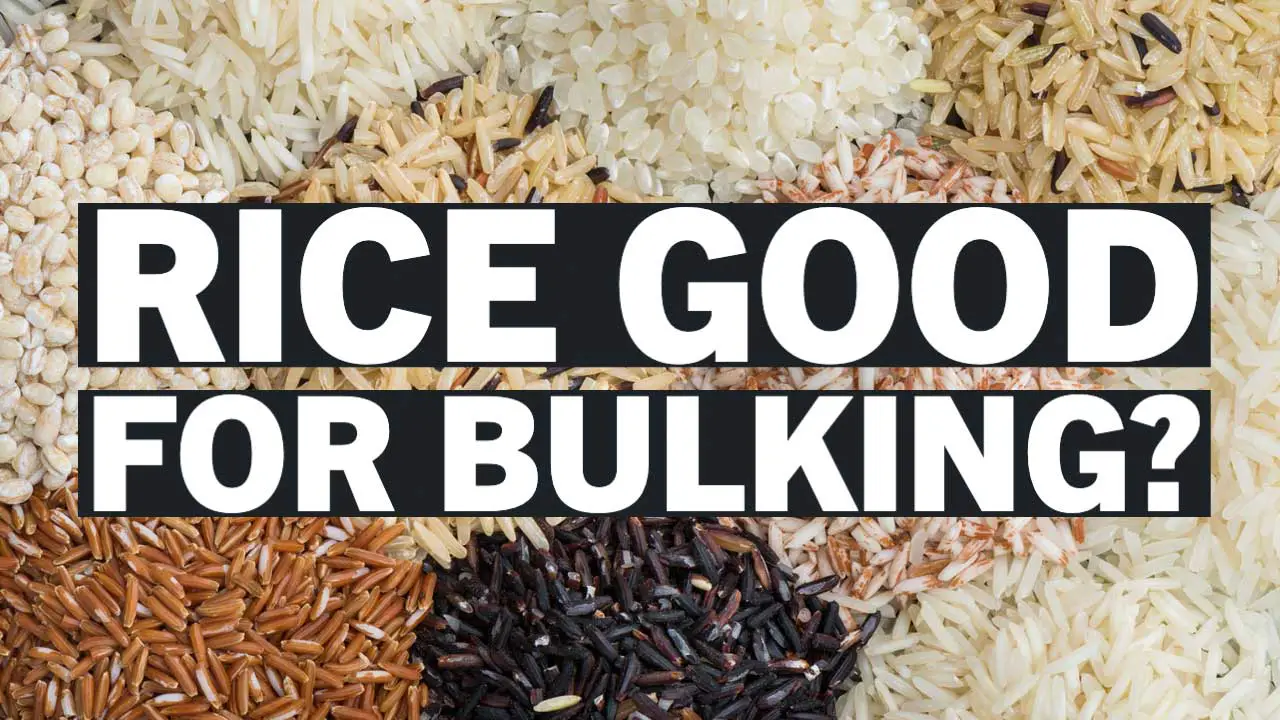 BulkingJuly 26, 2023Is Rice Good for Bulking? Unveiling the Truth
BulkingJuly 26, 2023Is Rice Good for Bulking? Unveiling the Truth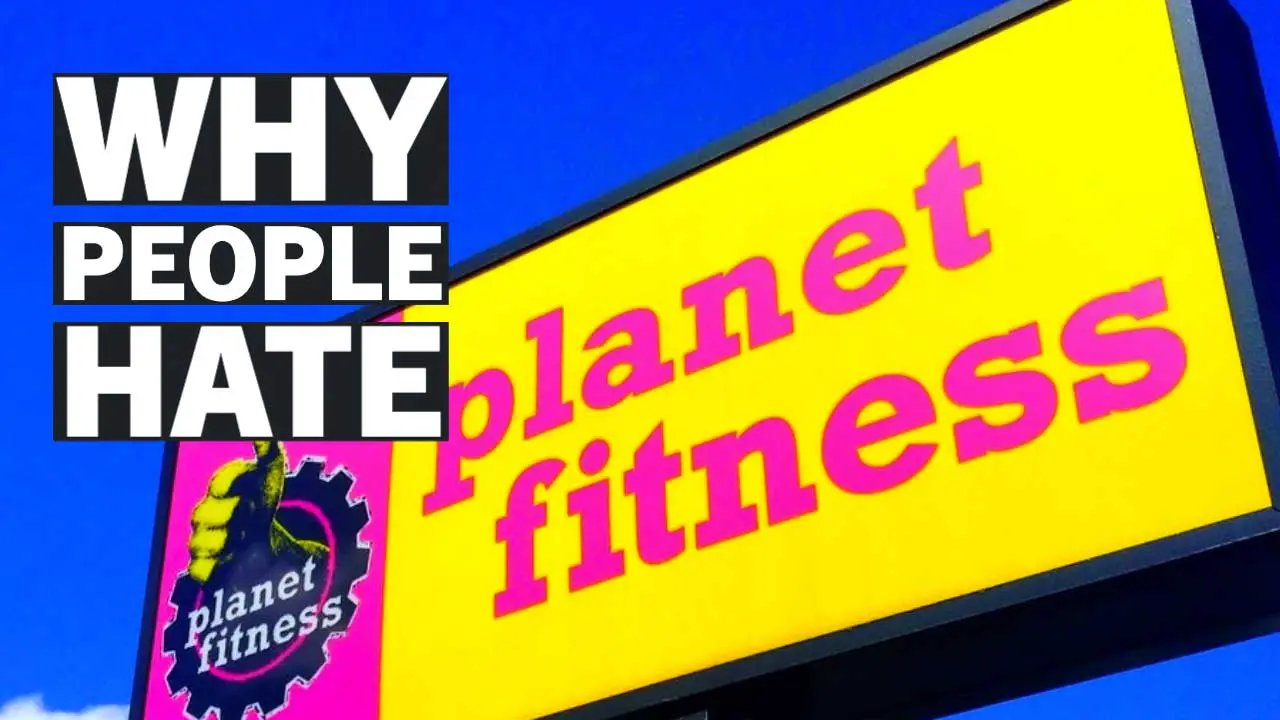 CultureJuly 15, 2023Why Do People Hate Planet Fitness? Read This Before You Join!
CultureJuly 15, 2023Why Do People Hate Planet Fitness? Read This Before You Join!
Affiliates:
This post may contain affiliate links that at no additional cost to you, the site may earn a small commission. We only recommend products we would use ourselves and all opinions expressed on this site are our own.
General Advice:
The information provided in this article is for general informational purposes only. It is not intended as a substitute for professional advice. Always consult with a qualified healthcare professional before starting any new diet, exercise program, or making changes to your health routine.
Accuracy Advice:
While we strive to provide up-to-date and accurate information, the content in this article may not reflect the most current research or medical guidelines. We encourage readers to do further research and consult with professionals for more personalized advice.
Our Recommendations:
The products and services mentioned in any of our articles are recommended based on our independent research and personal experience. We are not sponsored by any company. We aim to suggest products and services we believe are of high quality and could be beneficial to our readers.



